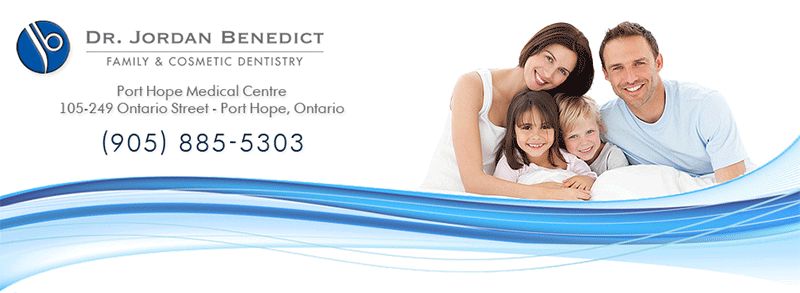Throughout their lives, women may be more susceptible to oral health problems than men due to the hormonal changes they experience. Hormones affect the blood supply to the gum tissue as well as the body's response to toxins that result from plaque buildup. As a result, women are more prone to the development of periodontal (gum) disease at certain stages of their lives. Because gum disease is a bacterial infection, it can enter the bloodstream and may be a factor in causing other health complications such as:
- Puberty:
During puberty, the surge in estrogen and progesterone hormones can increase the blood flow to the gums and change the way gum tissue reacts to irritants in plaque, causing the gum tissue to become red, tender, swollen, and more likely to bleed during brushing and flossing. Adolescent women may also be more prone to cold sores and canker sores.
- The monthly menstrual cycle:
The increase in progesterone that occurs during their periods can cause gum swelling and bleeding for some women, while others experience cold sores or canker sores. These symptoms can occur for a few days and usually go away once your period starts. It's important to maintain your oral hygiene practices during these times by making sure you brush twice a day and floss at least once a day. If you experience extra sensitivity in the gums at certain stages of your menstrual cycle, you may want to book your dental check-up and cleaning outside of these times to avoid discomfort.
- Use of birth control pills:
Certain birth control pills that contain progesterone may cause inflamed gum tissues. If you're having a tooth removed while on birth control pills, you may be more at risk for a painful complication called dry socket. According to the Journal of the American Dental Association, women who use oral contraceptives are nearly twice as likely to experience dry sockets compared to those who do not. Be sure to let your dentist know if you are taking birth control pills at your next check-up.
- Pregnancy:
Pregnancy can have a big impact on a woman's oral health due to an increased level of progesterone, which can cause gingivitis, especially during the second and early third trimesters. It is very important to keep up with a good daily brushing and flossing routine. Your dentist may recommend more frequent cleanings during this time to reduce the chance of developing gingivitis. If you suffer from morning sickness, it's advisable not to brush your teeth immediately after vomiting, as this can weaken the enamel - instead, rinse your mouth with water.
- Menopause:
Changes in hormonal levels during menopause can majorly impact women's oral health. You may experience altered taste, burning sensations in the mouth, greater sensitivity to hot and cold foods and beverages, and decreased salivary flow that can result in dry mouth. Dry mouth can lead to the development of tooth decay and gum diseases, as not enough saliva is produced to moisten the mouth and neutralize acids produced by plaque. The decline in estrogen also put older women at a greater risk of loss of bone density, which can lead to tooth loss. To help reduce your risk of dry mouth and bone loss, work with your dentist or physician to make sure you're getting the right amount of calcium and vitamin D, don't smoke and avoid excessive alcohol consumption. Visit our dental office regularly so we can help monitor your oral health.
If you have questions about how to care for your oral health during every life stage, don't hesitate to ask us at your next check-up. We're here to help keep your smile bright and healthy for many years to come!

